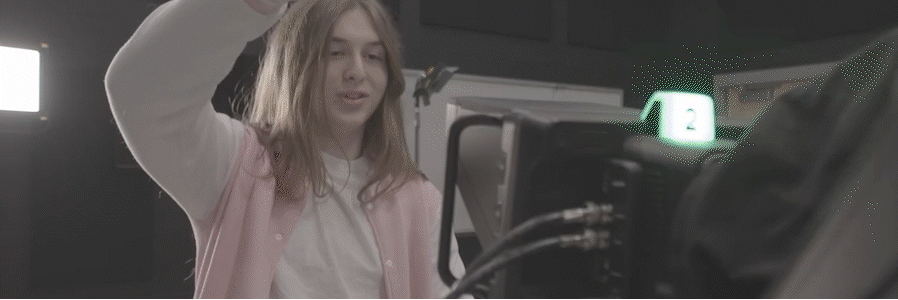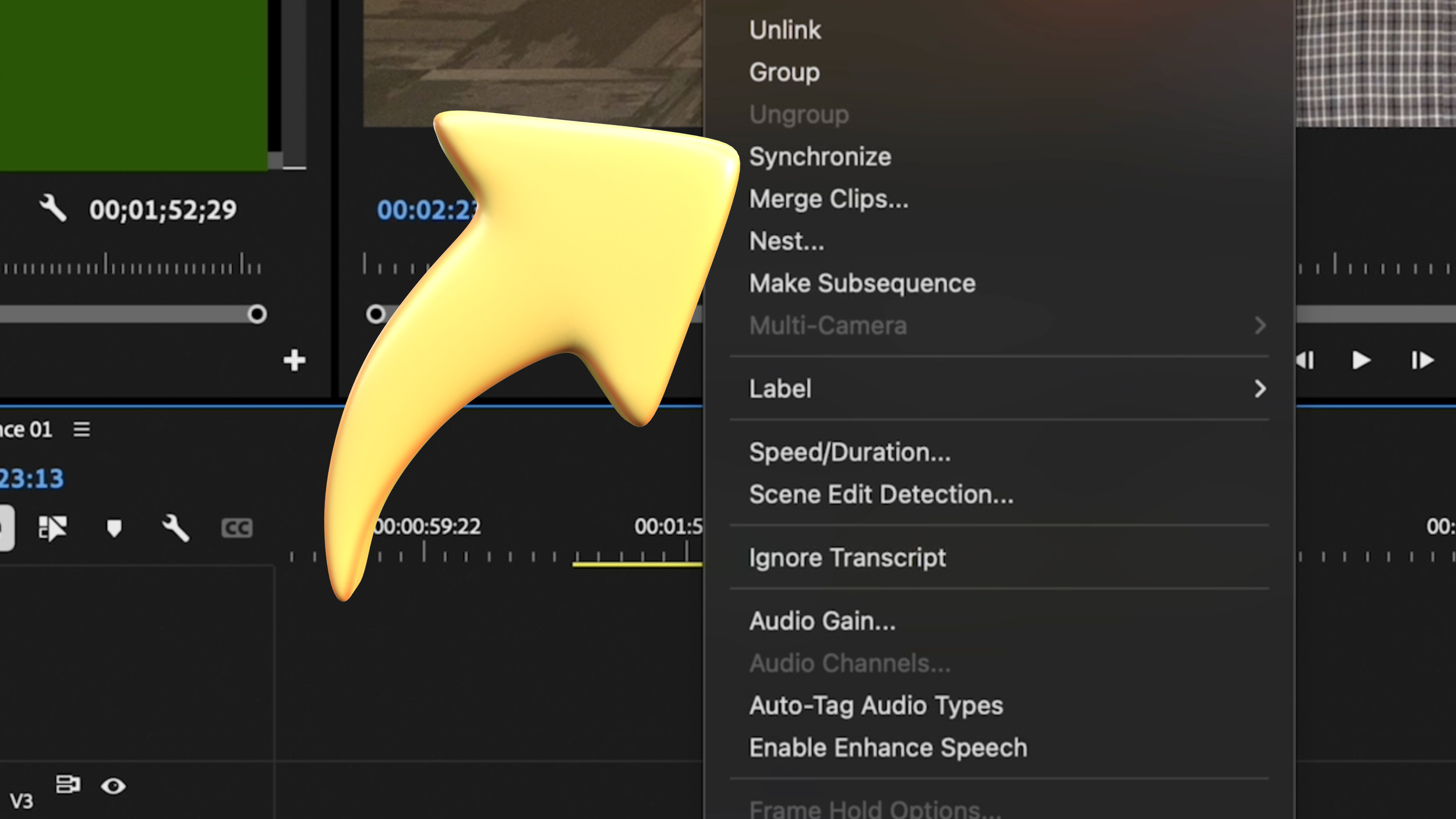The Live Work Policy in CTAE Classes
In the dynamic field of video and film production, where hands-on experience is paramount, having a robust live work policy is essential. Let’s explore why CTAE (Career, Technical, and Agricultural Education) classes, specifically those focused on video and film production, should prioritize an active and updated live work policy governing student work outside the classroom.
Nothing prepares your students for work… like work.
At the bottom of this article, we have a link to a sample live work policy that you can use to get you started.
Real-World Application and Skill Development:
CTAE video and film production courses provide students with practical skills in camera operation, editing, scriptwriting, and more. However, true mastery comes from applying these skills in real-world scenarios.
An active live work policy allows students to engage with actual projects beyond the classroom. Whether it’s collaborating on local events, creating promotional videos, or participating in film festivals, students gain invaluable experience.
By working on live projects, students learn to adapt to real-world constraints, deadlines, and client expectations—skills that textbooks alone cannot impart.
Industry Relevance and Employability:
The film and media industry thrives on practical experience. Employers seek candidates who can hit the ground running, having already worked on real projects.
A well-structured live work policy ensures that students create content that aligns with industry standards. It bridges the gap between classroom learning and professional practice.
Students who actively participate in live work build portfolios that showcase their abilities. These portfolios become powerful tools for job interviews, internships, and college applications.
Safety, Ethics, and Accountability:
An updated live work policy addresses safety protocols, copyright compliance, and ethical considerations. Students learn to handle equipment responsibly, respect intellectual property rights, and maintain professional conduct.
Regular policy updates keep pace with industry changes, technological advancements, and legal requirements. For instance, guidelines on drone usage, data privacy, and social media promotion evolve over time.
By adhering to a policy, students understand their responsibilities and the consequences of their actions. This fosters a culture of accountability and integrity.
An active and updated live work policy enriches CTAE video and film production classes by providing practical experience, enhancing employability, and promoting responsible practices. It ensures that students not only learn about the industry but also actively contribute to it.
Meet the Author, Josh Dempsey
Josh Dempsey is a video and film teacher at Marietta High School in Marietta, Georgia. With nearly 20 years of experience in the classroom, Josh is just as excited as his students to keep learning about the power and possibilities of this visual medium. He invites you to follow his students and their work online by following them on social media @bdn_marietta.
Josh loves traveling with his wife, Megan, and their two kids (with another on the way), and more pets than should be allowed. If you want to follow their adventure and get some tips and tricks for RV travel and epic road trips, check them out on Instagram at @eastrollswest









Got shaky footage? No problem! In this quick tutorial, learn how to use Warp Stabilizer in Adobe Premiere Pro to smooth out your shots effortlessly.